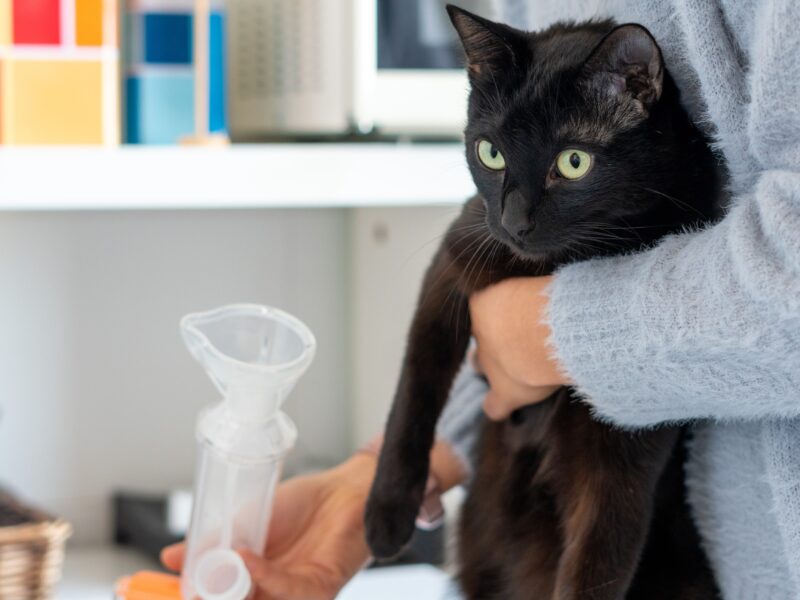Highlights
- Parents with permissive attitudes towards alcohol increase the likelihood that their children will initiate alcohol use and abuse
- Parents should also be aware of how their own drinking impacts the behaviors of their children
Parent behavior can mean the difference between healthy and unhealthy drinking outcomes for children. Texas A&M University alcohol researcher, Dr. Adam Barry, debunked the myth that allowing underage drinking in a home environment with parental supervision results in healthier outcomes for children.
Barry, an associate department head in the Texas A&M College of Education and Human Development, contends that parents with permissive attitudes towards alcohol increase the likelihood that their children will initiate alcohol use and abuse.
“Some parents say ‘If my kids want to drink, I want them to do it at my house where I’m present’, however, there is no scientific evidence suggesting that would be a wise decision,” Barry said. “In fact, it would be unwise because you are demonstrating permissive attitudes and providing permissive messages towards drinking.”
Barry also discredits the idea that children sheltered from alcohol are at a higher risk of alcohol abuse when they leave home.
“Children from homes with strict rules and good communication about drinking drink less compared to children from homes with permissive attitudes.”
Parental influence
In addition to setting clear rules about alcohol use, parents should be aware of how their own drinking impacts the behaviors of their children.
“Adolescent hazardous drinking is more prevalent among children with alcohol misusing parents versus those whose parents do not misuse alcohol.”
Alcohol advertising
There is only so much parents can control when it comes to alcohol exposure though. Alcohol advertising is not regulated by any external entity, instead alcohol companies adhere to internally developed and monitored policies. However, literature suggests those policies are consistently violated and brands intentionally target youth.
“As exposure to alcohol advertising increases, the likelihood of alcohol initiation increases.”
On social media sites, like Twitter, users attempting to follow alcohol companies must prove they are of legal drinking age. However, the alcohol company accounts are not private, therefore Twitter users of any age can interact with the marketing-driven content that alcohol companies post.
“Some of our work suggests underage users could fully interact with and engage digital alcohol brands by viewing pictures, videos, screen capturing content and sharing content.”
Barry admits it is not an easy task to limit children’s exposure to alcohol advertisements in an age where most children possess a smartphone. He recommends parents have conversations with children and set boundaries so that they can become literate consumers.
“Parents have to be very proactive and take steps to minimize exposure to advertising. Know what your kids are looking at, following, interacting with. Set ground rules to limit who they can follow. I don’t think there’s any one size fits all solution, but communication among parents and children is a critical component.”
Learn more about Dr. Adam Barry’s alcohol research.
This article by Heather Gillin originally appeared in Transform Lives.




